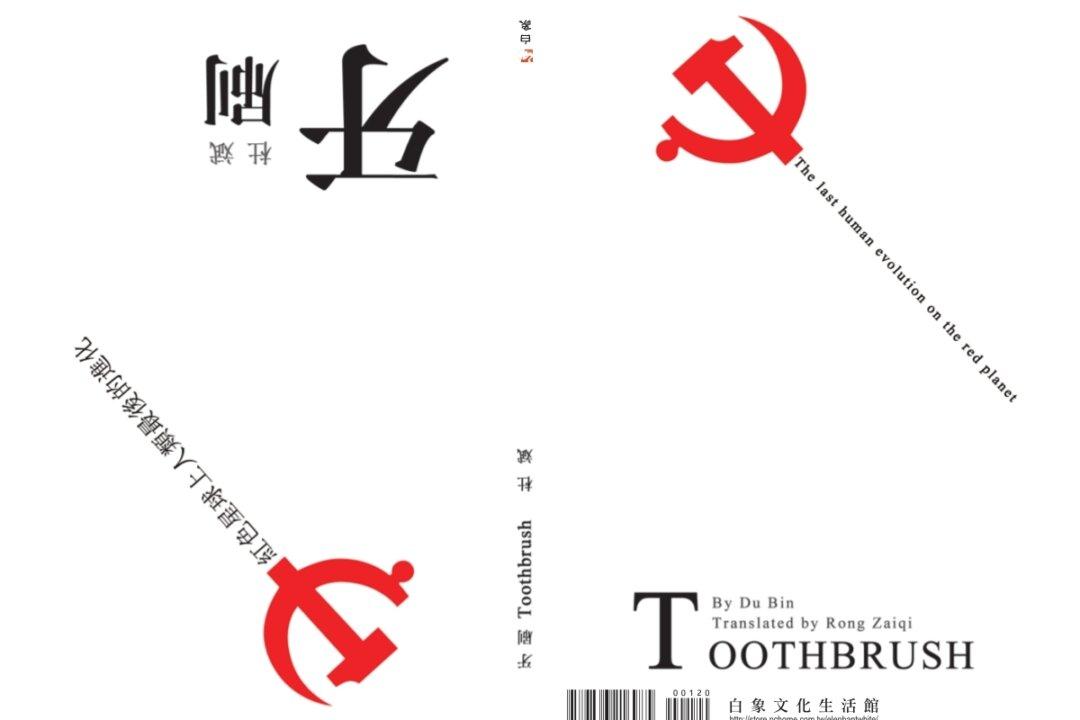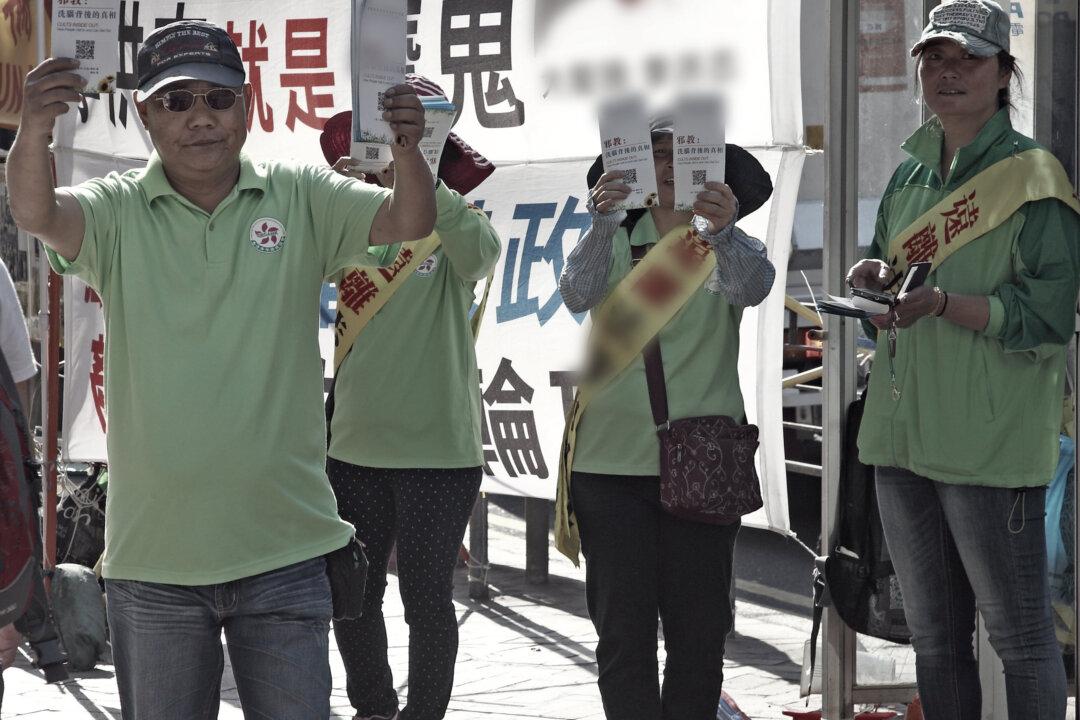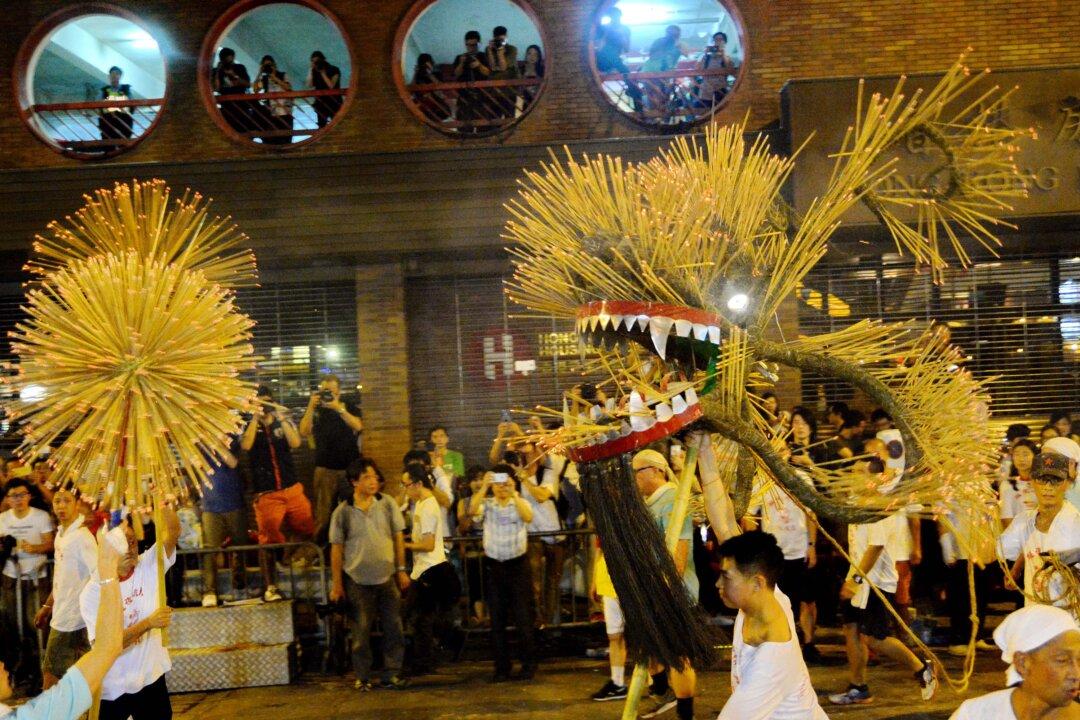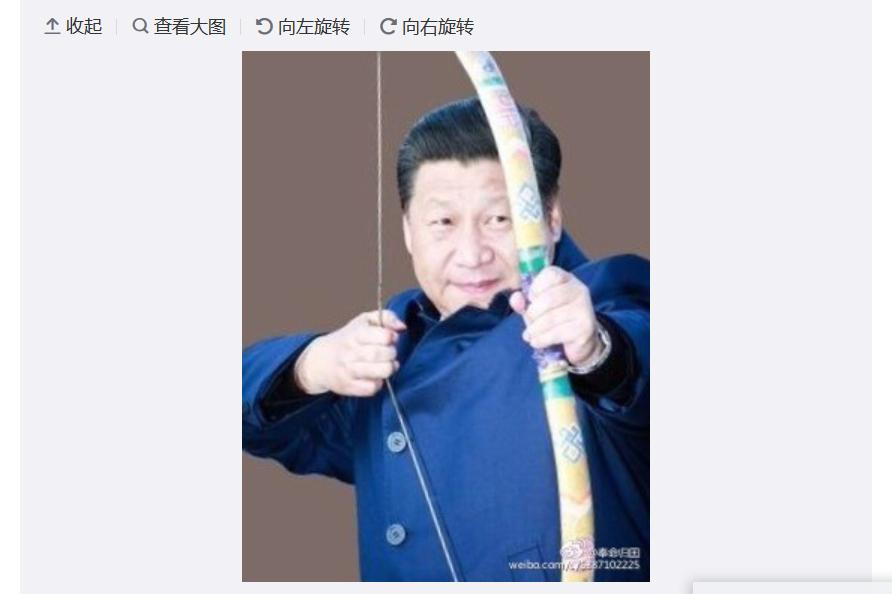The Chinese photojournalist Du Bin, who was released in July after a month’s detention by police, has published online a book he wrote years ago detailing torture in China. It consists of poems, a painting, onomatopoeic designs, and descriptions of brutal torture. The title of the book is Toothbrush.
Toothbrushes, it turns out, have become an implement of torture in the hands of Chinese police and security officials, who thrust them into the vaginas of female practitioners of Falun Gong, a spiritual discipline that has been persecuted for the last 14 years, according to accounts collected by Du Bin.
Du Bin’s work in exposing that persecution likely led to his May 31 detention, from which he was released on July 9 this year. Earlier in the year he released the film Above the Ghosts’ Heads: The Women of Masanjia Labor Camp, which was exclusively about a particular labor camp and the techniques of torture it employed, and another book, titled Tiananmen Massacre.
The book Toothbrush, which has an inside page of Van Gogh’s Starry Night, and consists of Du’s poetry, was originally published in Taiwan in 2011. It reflects primarily on the raw brutality and cruelty of the Chinese Communist Party’s campaign against Falun Gong practitioners.
“Toothbrush,” back-to-back in Chinese and English, can be downloaded in PDF format from Boxun and the website of Human Rights in China.
A typical entry reads: “Sticking an electric stick into her vagina./Electricity discharges.”
Another:
“The powerful tell her (and she tells the lucky):
Wash well.
I’m going to pluck out your organs while you’re still alive.
She futilely beats at the air.
Screams.
No longer a human sound.”
Du said in an interview that his book is “hard to read,” but that “the content is very important to our time. Such ruthless torture must be eliminated. It’s a shame to humanity.”
The book also refers to the harvesting of organs from Falun Gong practitioners, and touches on a variety of the other torture methods—the water dungeon, tube feeding, and more—invented by jailers in China to torment Falun Gong adherents in the attempt to have them renounce their beliefs.
The introduction of the book begins in this way: “9991 A.D. Communism has unified the earth. Calling it the Toothbrush Empire. The powerful laid waste to every law. Forbade the open discussion of law. But there are still those who seek freedom, democracy, rule of law and dignity: those who refuse to be enslaved. They formed a loose group of rebels called Gonglunfa, or the Open Discussion of Law.”
“Gonglunfa” is made of the syllables for “Falun Gong,” and “9991” likely refers to 1999, the year that the Party began the campaign against Falun Gong practitioners.
In the following paragraph he writes: “This is a post-modern story. Any similarities to reality are pure coincidence.”
Du says that when he showed the book to a reporter with the New York Times, which he used to work for as a contract photographer, the individual “sighed while reading every page.”
Du added: “He told me that he was so moved. And that he heard about such things in the book before. After he said that, I didn’t feel uneasy anymore. I think he understands why I had to write this book. From then on, I’ve had the courage to publicize the book and give it to all people who would like to read it.”
Translation by Lu Chen. Written in English by Matthew Robertson.




